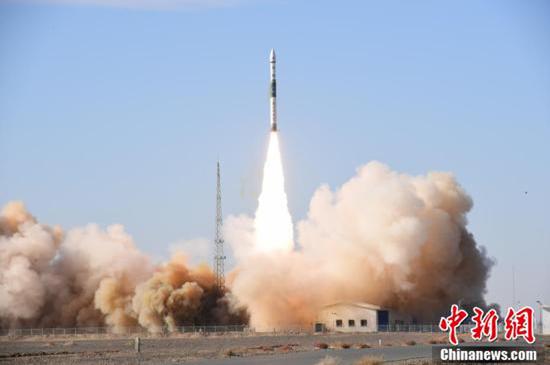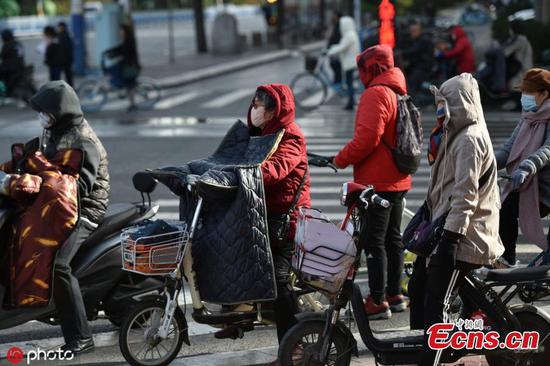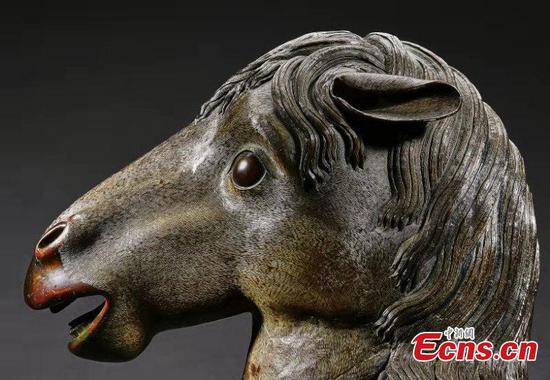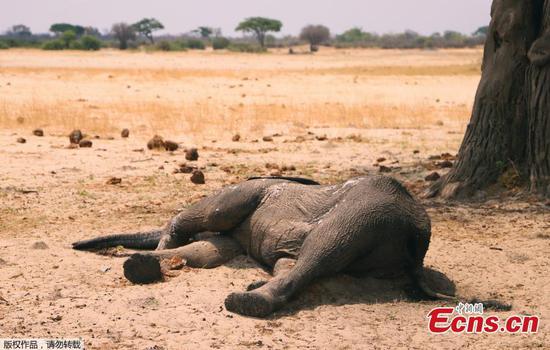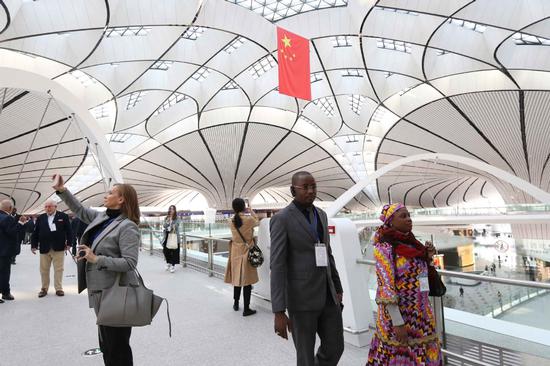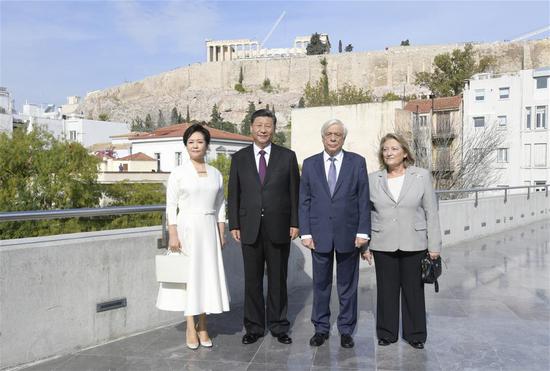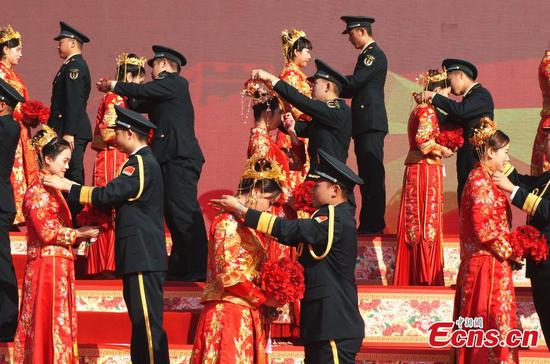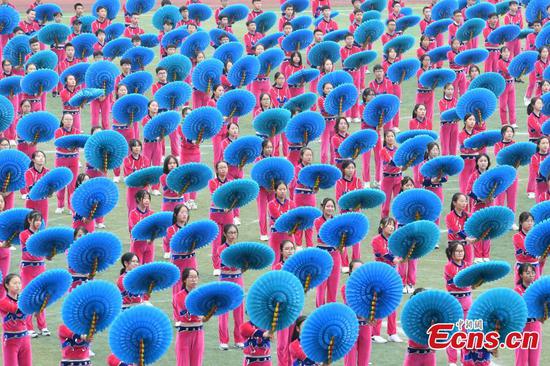PBOC should give 'ammunition' to support government investment
China should put a new mechanism in place to allow the central bank to buy bonds issued by the government to supply more funds to boost growth, according to a group of researchers from a leading national think tank on Wednesday.
Traditional monetary policy, even coordinated with fiscal expansion, may be not strong enough to reverse the economic slowdown. The central bank should provide "ample ammunition" to support government investment, said Li Yang, head of the National Institution for Finance and Development (NIFD) under the Chinese Academy of Social Sciences.
The urgency is on the rise, requiring a new mechanism under which the central bank can directly purchase bonds issued by the central government, and the government should tolerate a higher leverage level along with an expanding deficit, according to a research from the think tank.
"We should be aware that the monetary policy cannot solve all the problems, when an economy is under slowdown pressure," said Li. "The monetary policy should take a role of providing necessary conditions-on the maximum range, to all policy adjustments."
Researchers from the institution suggested a comprehensive treasury bond issuance scheme and a market development plan. Specific rules can be further discussed, to prevent the central bank taking all responsibilities of the "deficit monetization", said Zhang Xiaojing, deputy head of the NIFD.
The economic term "deficit monetization" can be explained as the monetary authority's purchase of government's debt instruments for budgeted fiscal deficits. During the process, more money will be supplied.
Thus economists are concerned that the "money printing" process may fuel a country's inflation if there is no restraint mechanism for the governments' debt-raising activities.
Sun Guofeng, head of the monetary policy department of the People's Bank of China, the central bank, wrote in an article earlier, warning that deficit monetization is "extremely dangerous" according to "the painful lessons from history".
"Cutting off the direct financing relationship between the fiscal department and the central bank, and preventing the monetization of fiscal deficit, are the basic principles for the bank credit and monetary system. Once this principle is abandoned, the system will collapse," said Sun.
According to an NIFD report, in the third quarter, the country's non-financial sectors' total credit-a broader statistic than the central bank's total social financing, which also includes financing through non-banking institutions and peer-to-peer lending platforms, stood at 247.16 trillion yuan ($35.23 trillion), increasing by 10.04 percent from a year earlier. The growth rate was 10.46 percent in the third quarter in 2018.
It showed that the share of companies' credit in the total credit of non-financial sectors has retreated to the lowest level since records began, while the proportion of local governments' credit increased fast. The government's fiscal deficit is under pressure to expand.
The NIFD predicted that this year, China's GDP growth may reach 6.1 percent, within the government's targeted range, but it may slow to 5.8 percent in 2020. The country's GDP growth slowed to 6 percent year-on-year in the third quarter, the lowest quarterly expansion in 27 years.
A top-level meeting chaired by Premier Li Keqiang on Tuesday urged to better use fiscal, monetary, employment and regional development policies as the counter measures to support economic growth and boost market confidence.
The effects of government's counter-cyclical policy measures could be delayed to the first quarter of next year. To ease the slowdown pressure, reforms of the macroeconomic policy system are necessary, the think tank said.
The Chinese currency, however, can remain strong against the US dollar in the short term, as the interest rate margin between China and the United States may continue to be enlarged, putting the renminbi under appreciation pressure, it said.









